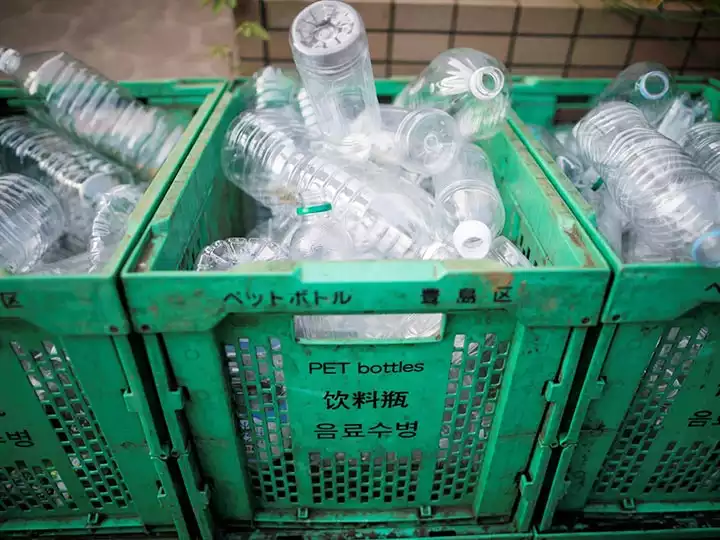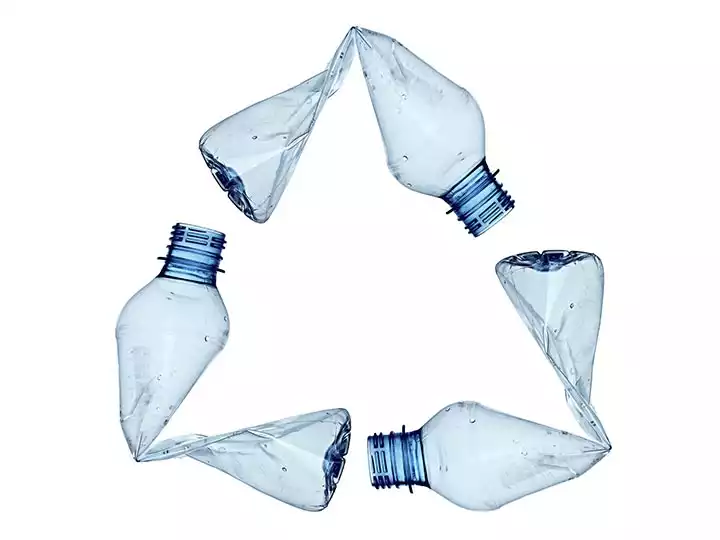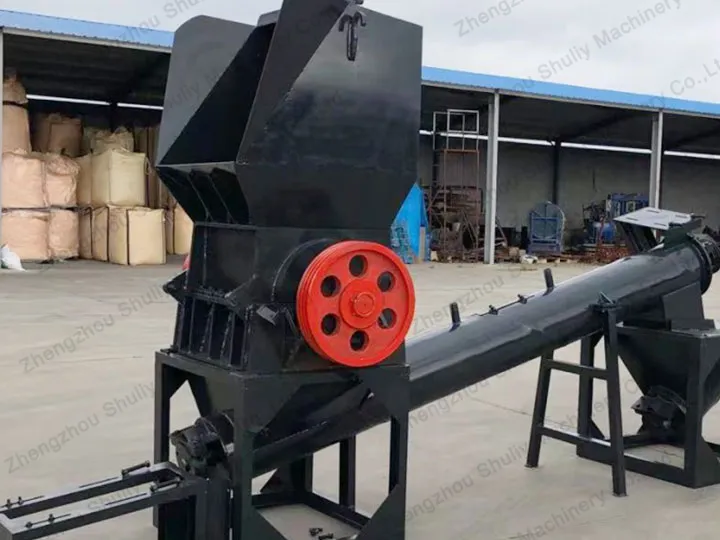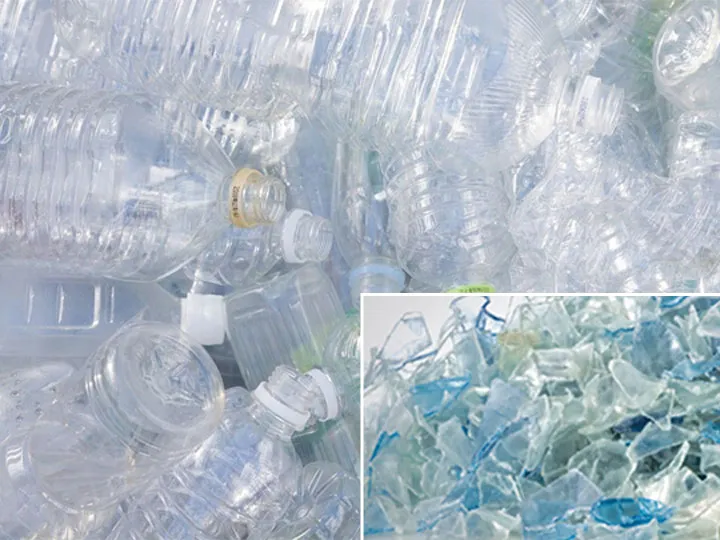Factors affact PET recycling business profit
PET flake crushing cleaning recycling lines can be a profitable business, but profits can be affected by a variety of factors. Here are some of the key factors that affect the profitability of a PET flake crushing, washing and recycling line.

Scale of production: A 500 kg/h PET recycling line compared to a 5 tons kg/h line, a larger scale of production usually reduces the cost per unit of production, thus increasing profitability. Large-scale production can also attract more customers and partners.
Equipment Quality and Efficiency: High-quality equipment for PET flake crushing, washing and recycling lines typically increases productivity and reduces maintenance and downtime, which can contribute to higher profits. So it is very important to find a reliable machine manufacturer.
Water consumption: Investing in efficient water treatment equipment can help reduce water waste and pollution, thereby reducing dependence on water resources. This can reduce water management costs. Additionally, treating wastewater from PET bottle recycling lines may require compliance with environmental regulations, which can require additional costs and resources. Compliant wastewater treatment can also increase operating costs.
Overall, the profit potential of PET flake crushing cleaning and recycling lines is high, but running a successful business of this type requires careful market research, efficient operations, and investment in high-quality equipment. Additionally, understanding changes and trends in the industry is critical to achieving good profits.



